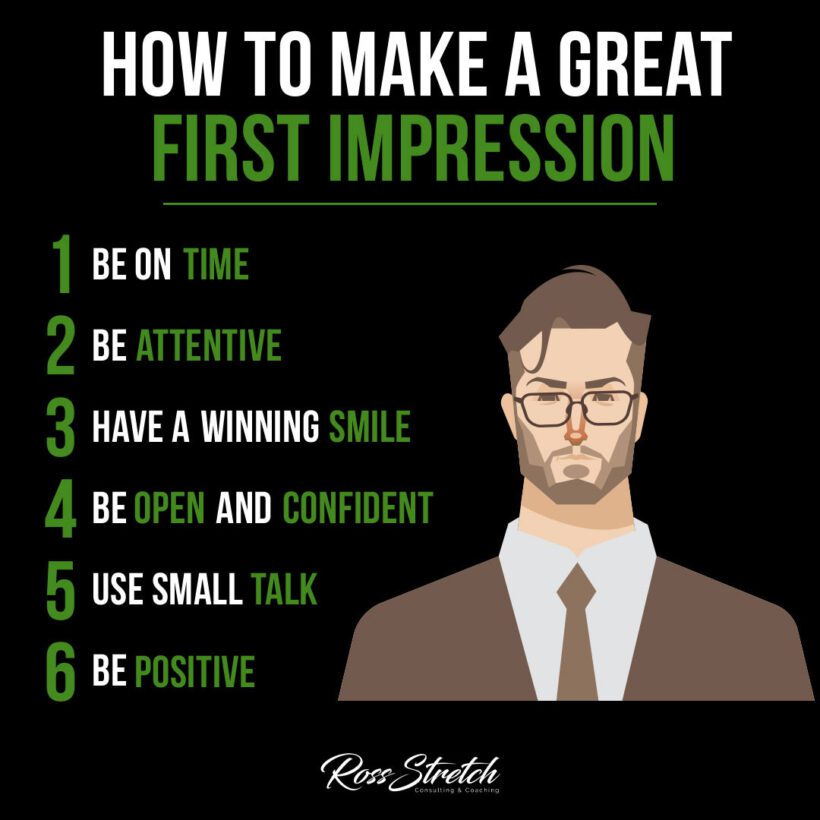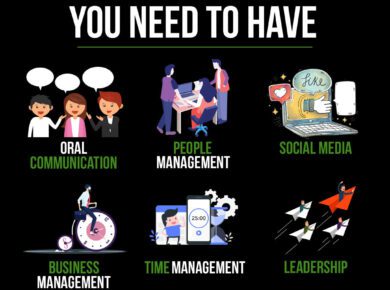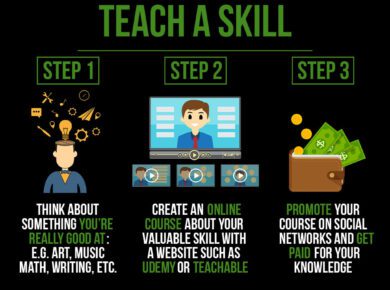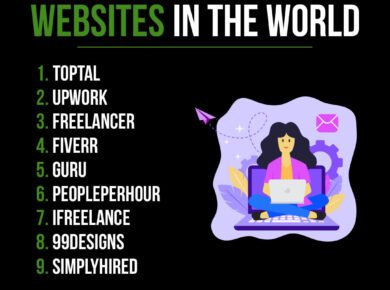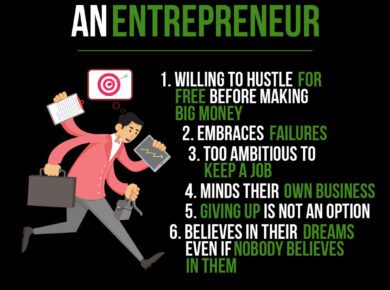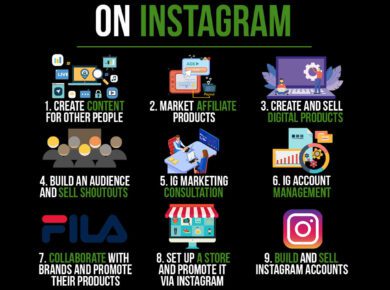The art of making a great first impression is a vital skill in both personal and professional realms. It’s about conveying your best self in a brief moment that can determine the trajectory of a relationship. Here’s how you can ensure that your first impression is not just good, but great.
Punctuality: The Non-Negotiable First Step
Being on time is fundamental. It’s a non-verbal cue that communicates respect, reliability, and professionalism.
Tips for Ensuring Timeliness:
- Plan ahead and account for potential delays.
- Aim to arrive 10-15 minutes early.
- If unforeseeable circumstances arise, communicate promptly.
Attentiveness: The Power of Presence
Attentiveness signals interest and respect for the person you’re engaging with. It involves active listening and genuine engagement in the conversation.
Being Fully Present:
- Maintain eye contact.
- Listen more than you speak.
- Show that you’re actively processing what the other person is saying.
A Winning Smile: Your Universal Welcome Sign
A smile is the universal sign of friendliness and approachability. It can ease nerves and make both parties feel more comfortable.
The Impact of Smiling:
- Practice a natural, warm smile.
- Use smiling as a way to break the ice.
- Remember that a genuine smile often elicits a smile in return.
Openness and Confidence: Your Silent Ambassadors
Open body language and self-assuredness are critical in making a positive first impression. They indicate that you are receptive and secure in your abilities.
Exhibiting Confidence Without Arrogance:
- Stand tall, with shoulders back.
- Offer a firm handshake.
- Speak clearly and at a moderate pace.
The Art of Small Talk: Building Connections
Small talk is a skill that helps in navigating the initial awkwardness of a meeting and can lead to deeper conversations.
Mastering Small Talk:
- Keep up-to-date with general topics of interest.
- Ask open-ended questions to invite dialogue.
- Be mindful of the other person’s responses and interests.
Positivity: A Magnetic Force
A positive attitude is infectious and can set a cheerful tone for the interaction. It’s about focusing on the bright side and being solution-oriented.
Cultivating a Positive Outlook:
- Express enthusiasm about the meeting and the opportunities it presents.
- Avoid negative topics in initial conversations.
- Share positive personal anecdotes that are relevant to the discussion.
Conclusion: The Lasting Impact of a First Impression
First impressions can be lasting, so making them count is crucial. By combining punctuality, attentiveness, a warm smile, confidence, engaging small talk, and positivity, you can ensure that your first impression opens doors to future opportunities.
Resources for Information:
To enhance these points and ensure that the article is grounded in credible information, the following resources could be used:
- Communication Skills Training: Workshops and online courses can provide deeper insights into effective communication strategies.
- Books on Social Psychology: Titles such as “The Definitive Book of Body Language” by Allan and Barbara Pease offer valuable information on non-verbal cues and their impact.
- Professional Etiquette Guides: Reading materials focused on professional etiquette can offer practical tips for various business scenarios.
With these resources, one can delve deeper into the nuances of creating a positive and lasting first impression in any professional interaction.
